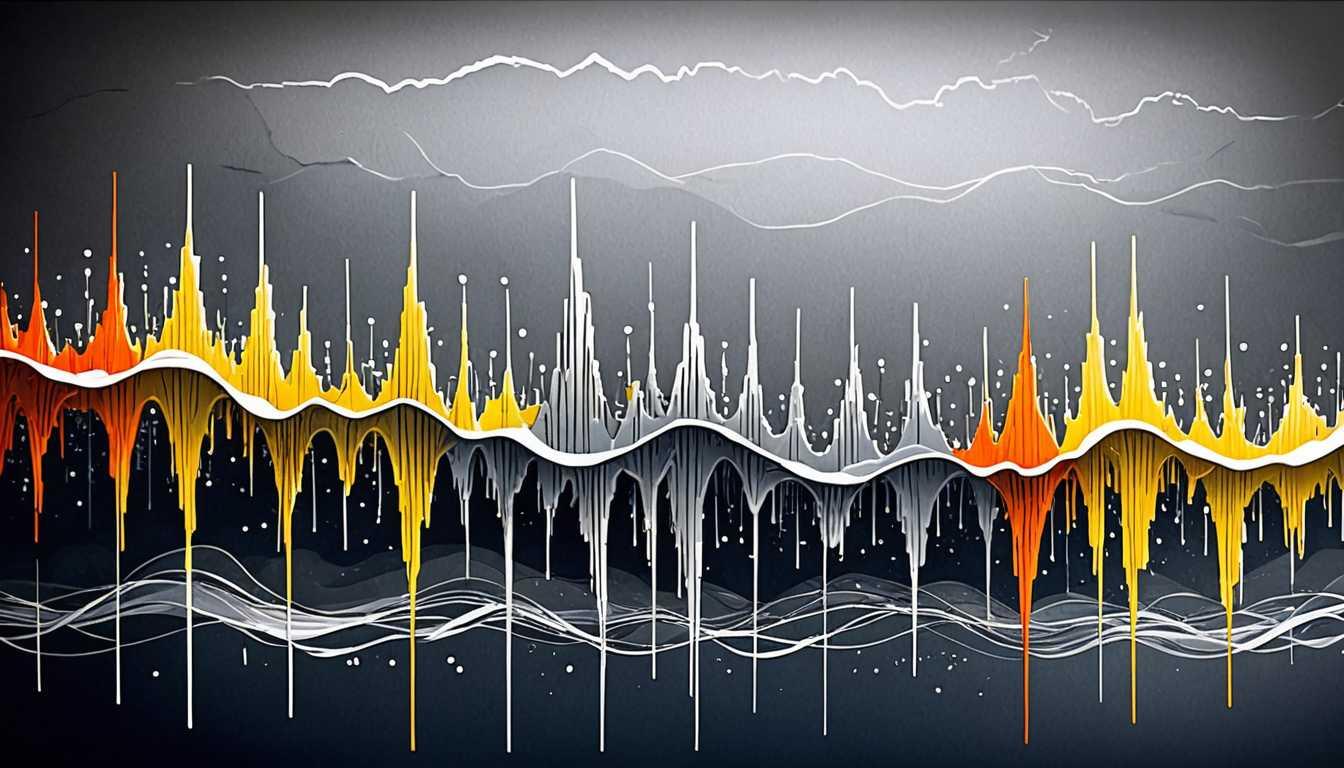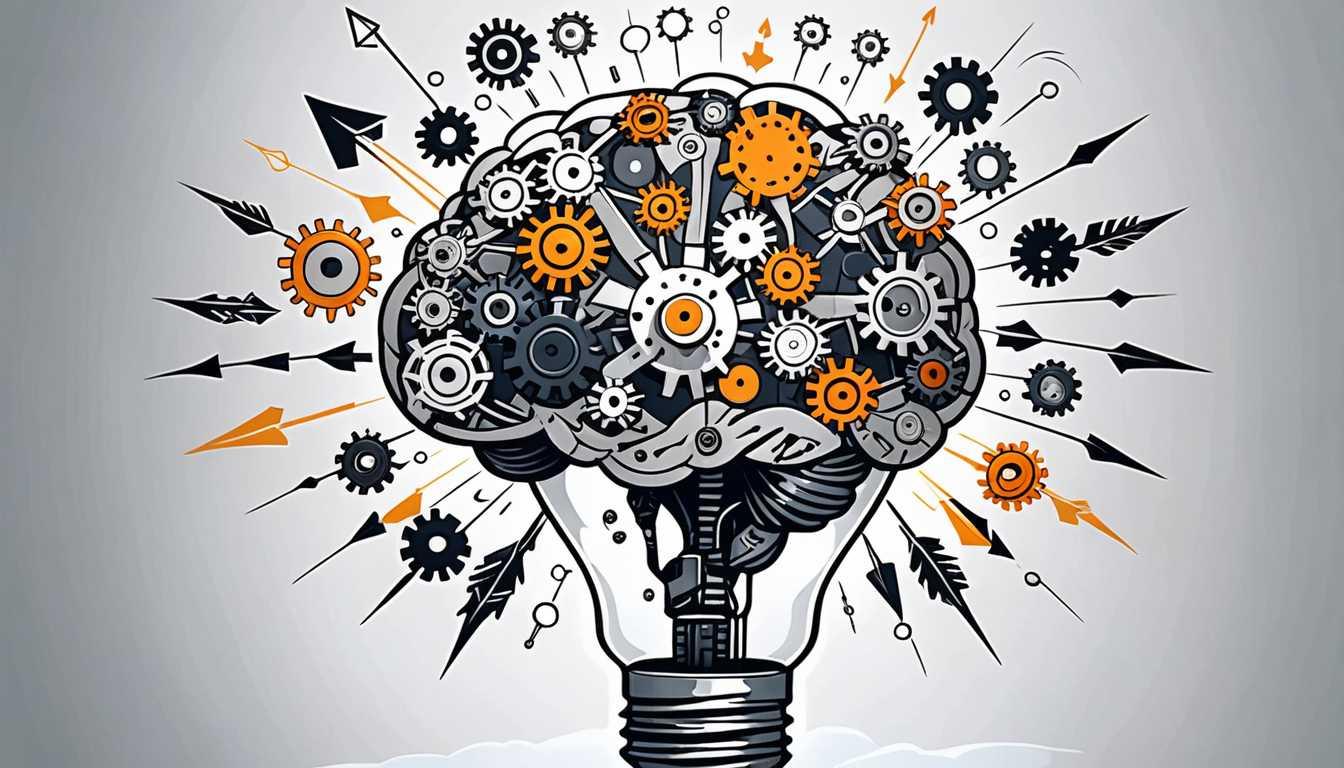Brain's Emotional Reactions Unveiled
July 2024
UC Berkeley
Introduction
Ever wonder how your brain reacts to different emotions? A new study from UC Berkeley delves deep into this, using brain imaging and computer modeling to predict emotional responses. From running from a bear to approaching a potential mate, our brain's reactions are complex and nuanced. This research sheds light on how we process emotional stimuli and make behavioral choices. Dive into the fascinating world of neuroscience with this groundbreaking study from UC Berkeley NewsCenter.
READ FULL ARTICLEWhy It Matters
Discover how this topic shapes your world and future
Unpacking the Emotions in Our Brains!
Understanding how our brains react to different emotional situations is not just cool science, it has real-life impacts! Researchers are now able to predict how we respond to emotional scenes using advanced brain imaging and computer modeling. This study, led by experts from UC Berkeley and Google, dives deep into how our brains process emotions from everyday stimuli, like a baby’s smile or a snarling dog. It’s significant because it helps us understand the complexities of human emotions, which can even aid in studying conditions like autism spectrum disorder. Imagine knowing why you instinctively feel happy seeing a puppy or scared when hearing a loud noise! This research opens doors to better emotional awareness, which is essential for personal growth and social interactions in your life.
Speak like a Scholar
Neuroscience
The scientific study of the nervous system, including the brain, and how it influences behavior and emotions.
Emotional Arousal
The level of emotional response someone feels, ranging from calm to highly excited or frightened.
Functional Magnetic Resonance Imaging (fMRI)
A brain imaging technique that measures and maps brain activity by detecting changes in blood flow.
Machine Learning
A type of artificial intelligence that enables computers to learn from data and make predictions or decisions without being explicitly programmed.
Occipital Temporal Cortex
A region at the back of the brain involved in processing visual information and emotional responses.
Affective Information
Information related to emotions or feelings that can influence how we react to different stimuli.
Independent Research Ideas
The Role of Emotions in Decision-Making
Investigate how emotional responses can influence the choices we make in day-to-day life, from friendships to academic pursuits.
Comparative Analysis of Emotional Responses
Explore how different cultures react to similar emotional stimuli, such as fear or joy, through visual media.
Neuroscience of Empathy
Study how our brains process empathy and whether it can be trained or enhanced through specific experiences or education.
Influence of Social Media on Emotional Responses
Examine how social media images and videos affect our emotions and decision-making processes, particularly among teens.
Emotional Processing in Autism Spectrum Disorder
Research how individuals with autism interpret emotional cues differently than neurotypical individuals, using the findings of the recent study as a foundation.
Related Articles

Pupils and Dreams: The Memory Connection
January 2025
Cornell News Highlights

Timing: The Secret to Better Hearing
January 2025
MIT News

Unraveling the Brain's Tiny Wonders
May 2024
Harvard Gazette

Sounds That Make Us Flee: Misophonia Uncovered
March 2023
King's College London

Brain Power: Planning Your Next Move!
June 2024
University of Cambridge